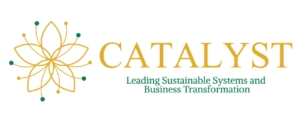Exploring the Intersection of Vocational Education and Green Skills with Inspiring Good Examples
Vocational Education and Training (VET) and Green Skills are two important areas of focus for the future of work. VET provides individuals with the necessary skills to enter the workforce, while green skills help them develop sustainable practises in their work.
The European Union recognises the importance of green skills in the transition to a sustainable and low-carbon economy. In its 2020 Circular Economy Action Plan, the EU emphasises the need for investment in skills development and training to support the circular economy. The EU's Green Deal also includes a "Skills Agenda for Europe" to ensure that workers have the necessary competencies and qualifications to adapt to the green economy.
What Are Green Skills?
Green skills refer to the skills and knowledge needed to create a sustainable future. They include technical, social, and environmental competencies that enable people to work in green jobs and industries. These skills are focused on reducing the environmental impact and promoting the use of renewable resources. Green skills can be found in a variety of industries, such as construction, agriculture, manufacturing, and transportation. Some examples of green skills include knowledge of renewable energy systems, water conservation techniques, sustainable construction practises, waste reduction and recycling, and eco-tourism. As the world moves towards a sustainable future, green skills are becoming increasingly important for individuals and businesses to adopt.
Vocational education and training (VET) can play an important role in helping people acquire the green skills they need to succeed in the green economy. VET can provide individuals with the necessary qualifications, knowledge, and experience to help them transition into green jobs or start their own businesses. It can also help employers find qualified workers who have the right skills for their green initiatives.
Where Should We Go for Good Examples?
There is no one country that can be considered the best practise in green skills provision in VET, as there are several countries that excel in this area. However, some of the countries that are often cited as leaders in this field include Germany, Finland, Australia, Denmark, and Sweden. These countries have established comprehensive strategies and policies to ensure that their VET systems are preparing workers with the green skills needed to meet the demands of emerging green industries and technologies. They also have strong partnerships between industry, government, and education institutions to ensure that the skills being taught are relevant to the needs of the labour market.
Vocational education and training (VET) institutes can provide green skills by incorporating sustainable practises and technologies into their curriculum. This can include training in renewable energy, waste reduction and recycling, sustainable building design and construction, and sustainable agriculture and forestry. Additionally, the VET ecosystem can partner with employers and industry associations to create apprenticeships and job training programmes specifically focused on green skills.
Examples of how this kind of business-education cooperation can be implemented are:
- Offering apprenticeship programmes in partnership with industry to provide on-the-job training and qualifications
- Developing joint research projects with industry to improve and innovate in fields such as agriculture, renewable energy, and healthcare
- Providing industry-specific training courses to ensure graduates have the skills and knowledge necessary to succeed in the workforce
- Offering work experience placements for students to gain practical, hands-on experience.
- Developing industry partnerships to create job opportunities for graduates and promote workforce development
- Collaborating with industry to design and deliver customised training programmes that meet the specific needs of employers
- Supporting staff placements within industry to enhance their industry knowledge and build networks.
- Providing industry-led guest lectures and workshops to keep educational programmes current and relevant
- Developing career fairs and networking events that bring students and employers together to facilitate connections and opportunities
- Partnering with industry to provide professional development opportunities for employees to upskill and meet changing industry demands
Looking into the industry, there are many examples of VET providers who already work together with companies in this respect, for instance:
- The Volkswagen Automotive Academy in Germany offers vocational training in collaboration with the automotive industry. The academy focuses on providing hands-on experience in automotive engineering, production, sales, and service.
- Siemens Professional Education in Denmark partners with businesses to provide vocational training in fields such as automation, energy, and transportation. The company offers apprenticeships, internships, and training programmes.
- Bosch Vocational Training in the Netherlands is another example of a company offering VET that partners with employers and industry. The programme focuses on providing high-quality training and hands-on experience in fields such as electronics, automotive technology, and engineering.
The Demand for Green Skills Is Growing Rapidly as the World Moves Towards a More Sustainable Future
Green jobs in Europe have seen considerable growth over the past three years, despite challenges due to the COVID-19 pandemic. According to the European Environment Agency, the renewable energy sector in Europe employed more than 1.4 million people in 2019, a 45% increase since 2007. Additionally, there has been an increase in jobs related to energy efficiency and sustainability in sectors such as construction, transport, and agriculture. The European Union's 2020 Green Deal and recovery plan also aim to drive further growth in green jobs as part of a transition to a more sustainable economy.
VET is an important part of this process, as it provides individuals with the necessary skills to work in green industries.




